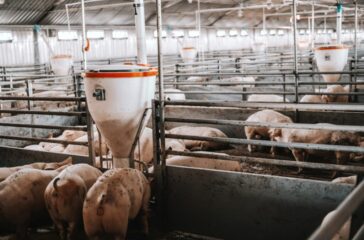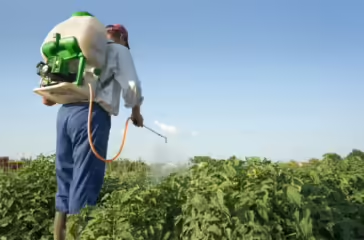Friend or foe? Environmental advocates eye Kennedy nomination warily
By Shannon Kelleher
In the wake of last week’s announcement that President-elect Donald Trump has nominated Robert F. Kennedy Jr. to head the US Department of Health and Human Services (HHS), some leading environmental and public health advocates say they’ve found themselves in a “difficult” position.
 EWG
EWG








